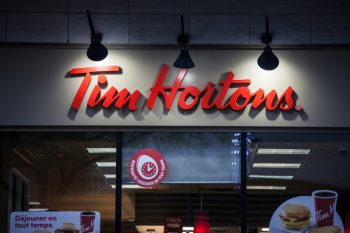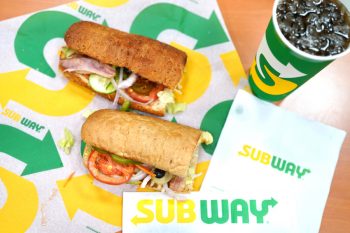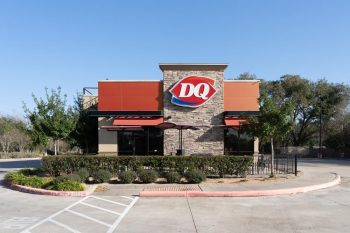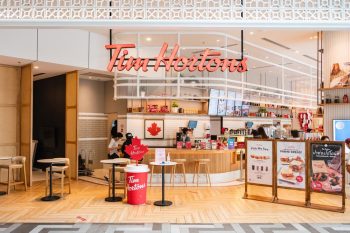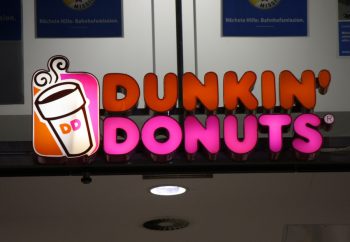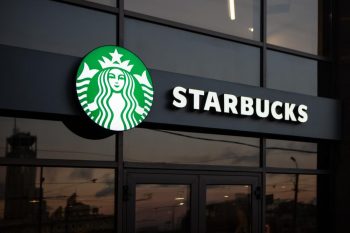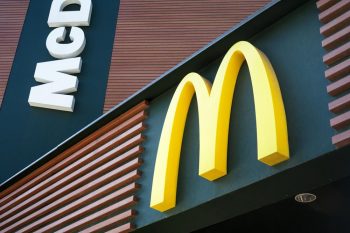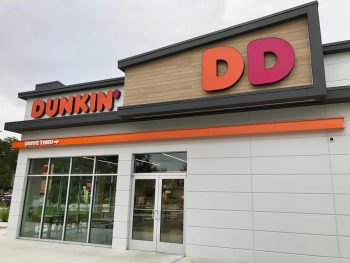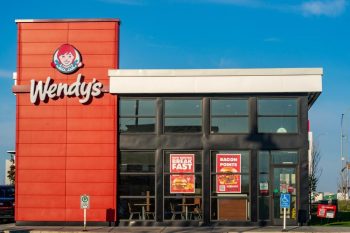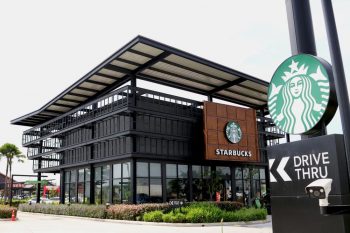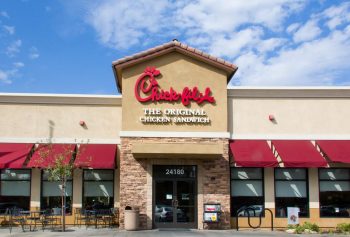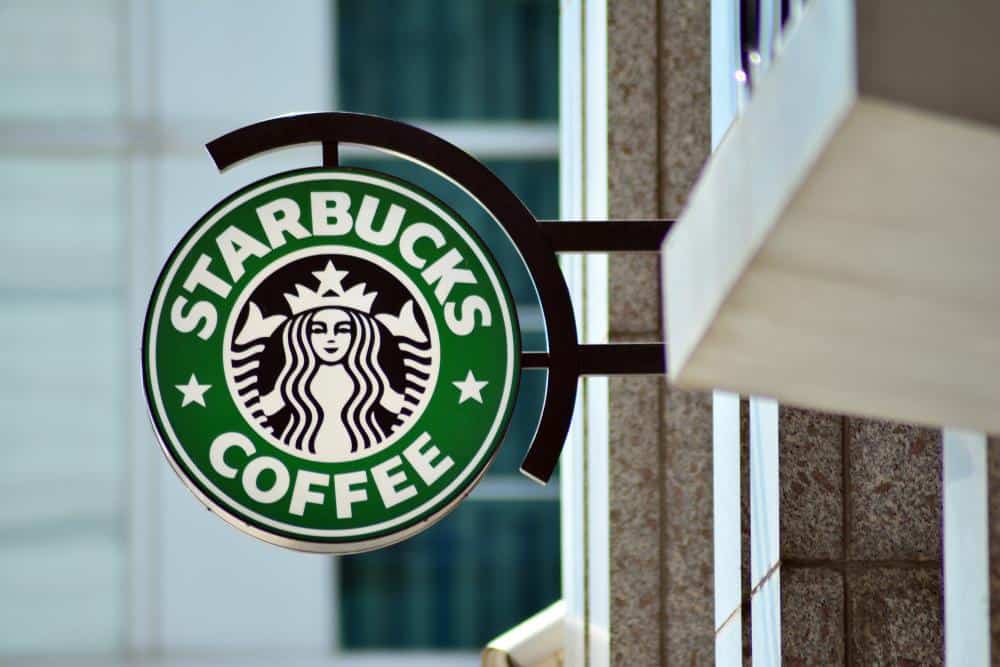
Starbucks, a widely recognized coffeehouse chain, has been embroiled in various controversies over the years. From racial bias incidents to labor disputes, these controversies have significantly impacted the company’s reputation and business operations. This article provides an in-depth look at these issues and Starbucks’ responses, offering a comprehensive understanding of the Starbucks controversy.
The Starbucks controversy refers to several incidents that have negatively impacted the company’s reputation, including a racial bias incident in 2018, labor disputes related to unionization efforts, and issues related to LGBTQ+ rights. Starbucks has responded to these controversies with apologies, policy changes, and employee training. Despite these efforts, the controversies have tarnished the company’s reputation and affected its business operations.
Racial Bias Incident
In 2018, Starbucks found itself in the middle of a major controversy when two black men were arrested in a Philadelphia store for not making a purchase and refusing to leave. The incident led to public outrage, with accusations of racial bias levelled against the company. Starbucks’ interim CEO, Howard Schultz, issued an apology and the company closed more than 8,000 stores for racial bias training to address the issue.
Labor Disputes
Starbucks has also faced growing unionization efforts among its employees, leading to a series of disputes. Since late 2021, workers at over 300 U.S. stores have voted to unionize, leading to allegations of illegal practices such as firing union supporters and closing stores during labor campaigns. The National Labor Relations Board has accused Starbucks of over 200 alleged labor violations, including threatening and intimidating workers, reducing compensation, and engaging in surveillance.
LGBTQ+ Rights Issues
The company faced another controversy in 2023 when allegations surfaced that managers at some locations prevented employees from putting up Pride Month flags and decorations. Starbucks Workers United (SWU) union members at over 150 stores staged a nationwide strike in response to these allegations. The company also faced a lawsuit for alleged unlawful discrimination and retaliation against an employee based on her sexuality, gender identity, and gender expression.
Starbucks’ Response
Starbucks has taken various measures in response to these controversies. The company has issued apologies, implemented policy changes, and conducted employee training. In response to the Pride Month controversy, Starbucks denied the allegations and maintained that there had been “no change to any policy on this matter”. The company also filed complaints with the National Labor Relations Board, accusing the union of making misleading claims about its in-store decoration guidelines and gender-affirming care benefits.
Impact on Reputation and Business
Despite Starbucks’ efforts to address these issues, the controversies have tarnished the company’s reputation as a socially responsible and progressive company. The company has faced public backlash, employee dissatisfaction, and financial consequences, with its shares falling by more than 2.5% following the Pride Month controversy. However, Starbucks continues to strive to address these problems and adapt its approach to better handle such situations in the future.
Conclusion
The Starbucks controversy highlights the importance of corporate responsibility and the need for companies to address societal issues effectively. While Starbucks has faced significant backlash, it has also shown a willingness to learn from its mistakes and improve its practices. As consumers and employees continue to hold companies accountable for their actions, it is critical for businesses to navigate these issues carefully and responsibly.
Frequently Asked Questions
What is the National Labor Relations Board?
The National Labor Relations Board (NLRB) is an independent agency of the U.S. government responsible for enforcing the National Labor Relations Act, which guarantees employees the right to form, join, decertify, or assist labor organizations, and to bargain collectively through representatives of their own choosing.
Who is Howard Schultz?
Howard Schultz is an American businessman who served as the CEO of Starbucks from 1986 to 2000, and again from 2008 to 2017. He also served as the company’s executive chairman from 2017 to 2018. Schultz is known for transforming Starbucks into a global brand.
What is Starbucks Workers United (SWU)?
Starbucks Workers United (SWU) is a union of Starbucks employees in the U.S., formed to address various workplace issues such as wages, benefits, and working conditions. The union is affiliated with the Service Employees International Union (SEIU).
What is Pride Month?
Pride Month is celebrated every June in honor of the 1969 Stonewall Uprising in Manhattan, a tipping point for the Gay Liberation Movement in the U.S. The month is marked by parades, parties, workshops, symposia and concerts, and LGBTQ+ Pride Month events attract millions of participants around the world.
How did the racial bias incident affect Starbucks’ business?
The racial bias incident led to widespread public outrage and boycott calls against Starbucks. In response, the company closed over 8,000 stores for a day to conduct racial bias training for its employees, a move that reportedly cost Starbucks millions of dollars.

